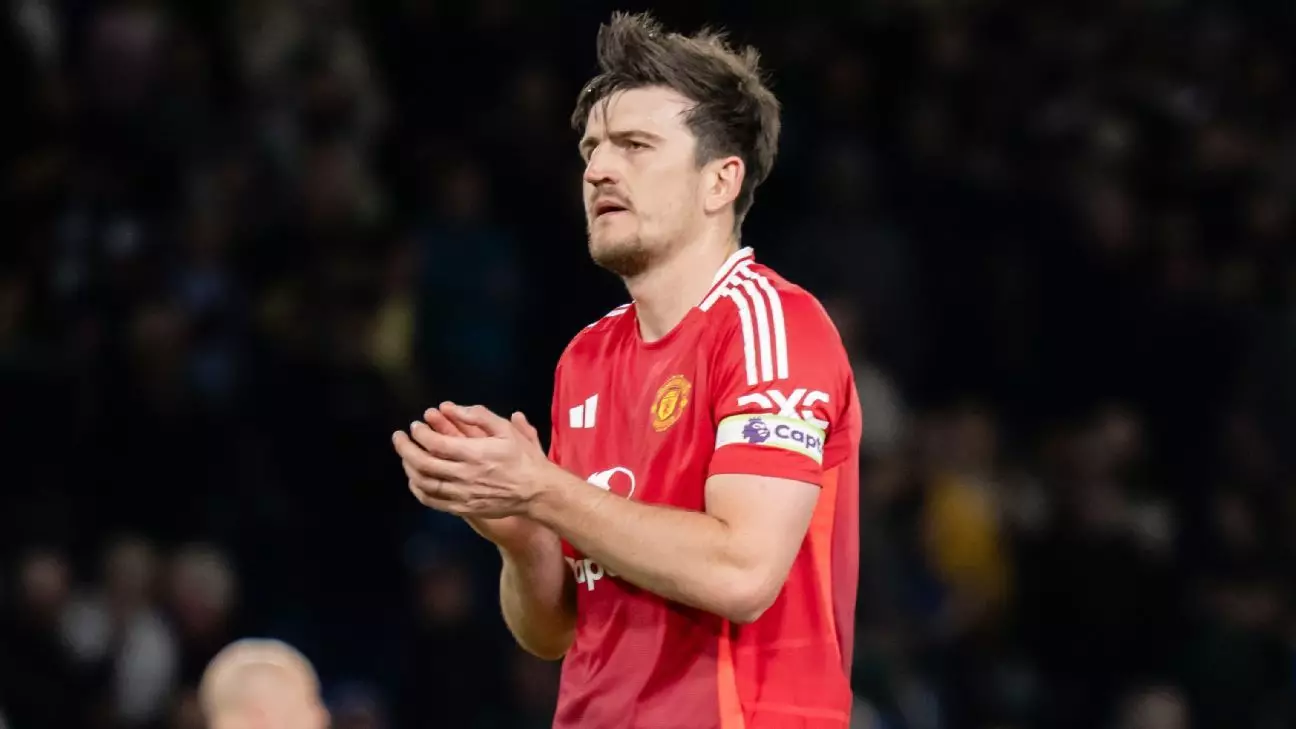Manchester United’s recent squad developments reveal a club in transition, balancing seasoned experience with youthful enthusiasm. The absence of key players like Alejandro Garnacho, Antony, Jadon Sancho, and Tyrell Malacia underscores the club’s focus on reshaping its roster, either through transfers or strategic rotation. While these omissions suggest turmoil, they also hint at a deliberate effort to recalibrate team dynamics, emphasizing the importance of integrating new signings such as Bryan Mbeumo and Matheus Cunha into the fabric of the squad. The inclusion of these fresh talents signals a forward-thinking approach from manager Ruben Amorim, aiming to inject energy and innovation into United’s attacking options.
Notably, Lisandro Martínez’s presence, despite ongoing recovery from a knee injury, underscores a cautious yet confident step towards restoring their defensive stalwart. His trip to the U.S. for rehabilitation indicates United’s commitment to a measured, health-first approach, keeping long-term stability in mind rather than rushing back to unpredictable results. Such decisions speak to a strategic mindset, balancing immediate pre-season performance with injury management—an area that could define the team’s cohesion once the Premier League begins.
Injury Waits and Transfer Rumors: The Broader Context
Onana’s hamstring setback exemplifies the unpredictable nature of pre-season preparations, yet his swift return to training and upcoming participation in matches showcase resilience within the squad. Even if he remains unavailable for the early fixtures, his presence in training reflects United’s prioritization of goalkeeping stability—a critical factor if the team hopes to mount a serious campaign.
Meanwhile, the club’s ongoing efforts off the pitch—marked by the potential transfers of Garnacho and Sancho—highlight a broader strategic overhaul. Chelsea’s interest in Garnacho, combined with Manchester United’s lowering valuation, points to a transfer market that’s as much about recalibrating expectations as it is about squad strengthening. Such negotiations reveal a club conscious of its financial limits yet eager to shape a squad capable of competing at the highest level. The club’s nuanced approach signals a desire to optimize its resources while remaining competitive, even if it means losing promising young stars whose futures at United are uncertain.
Look Ahead: The Summer’s Tournament Tests
United’s US tour acts as a litmus test for this ambitious transitional phase. Matches against West Ham, Bournemouth, and Everton serve dual purposes: fine-tuning tactical systems and evaluating new signings under competitive conditions. Mbeumo, fresh from his move from Brentford, offers a glimpse of hope—a player with the potential to become a game-changer if given the opportunity against West Ham. These fixtures are more than friendlies; they are opportunities to build chemistry and demonstrate that the club’s restructuring measures are aimed at future success.
Keeper Onana’s injury recovery adds an element of uncertainty but also emphasizes the club’s resilience. Despite setbacks, Manchester United appears undeterred in its quest for progress. The ability to adapt quickly, prioritize health, and integrate new players will define the club’s trajectory in the upcoming season. This careful yet ambitious approach underscores a belief: only through strategic patience and bold signings can Manchester United reclaim its stature at the summit of English and European football.

